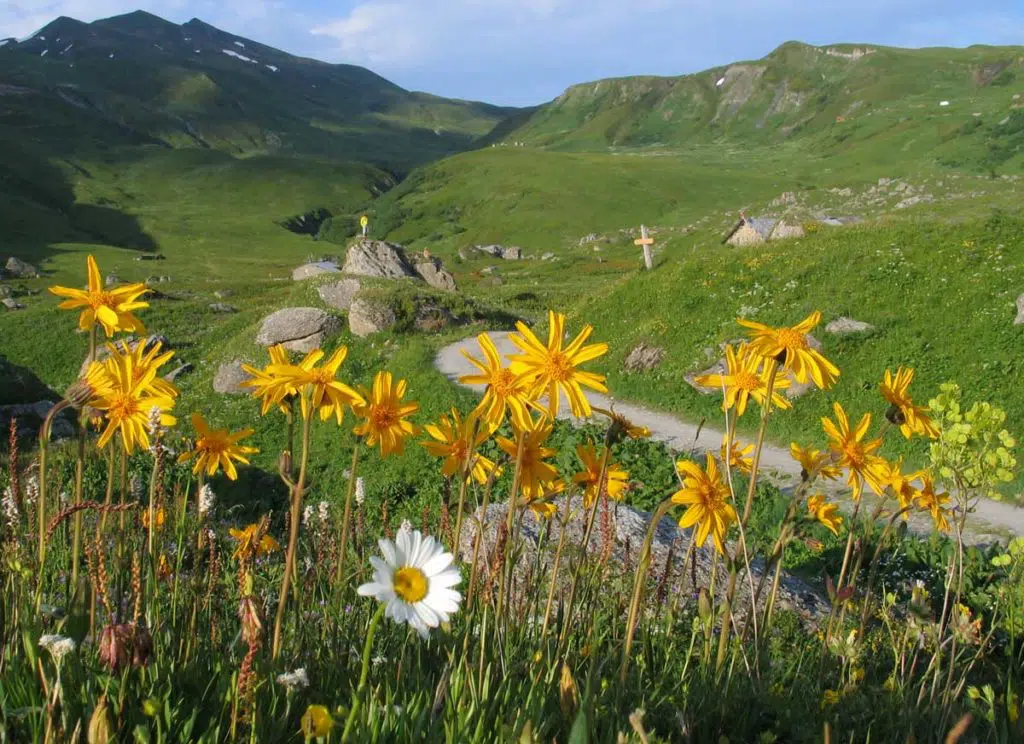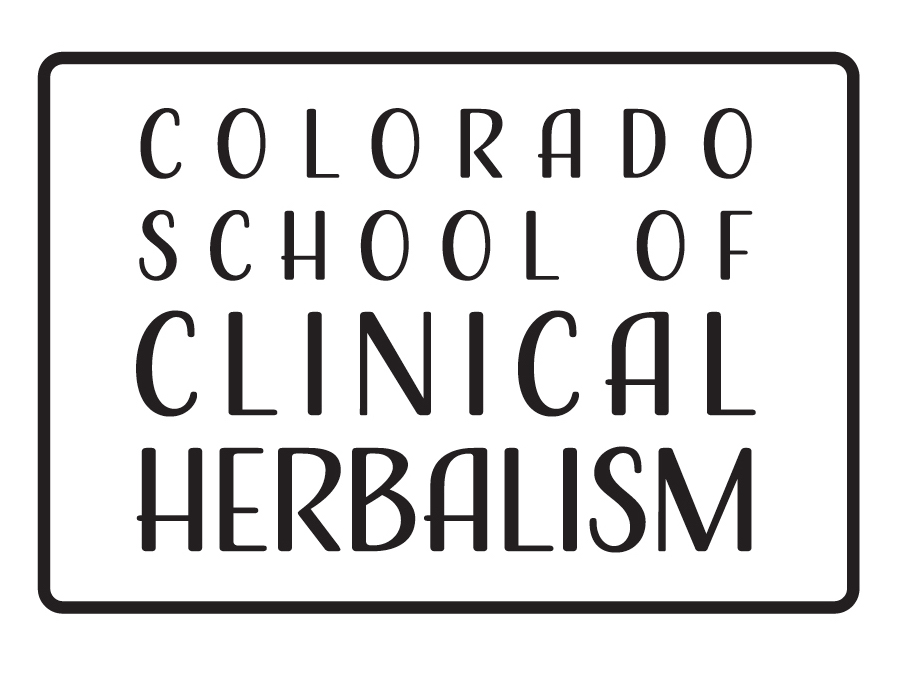
Author: Rachel Clark
When I first got into herbalism, one thing that really excited me was how intricately connected to the planet, sustainability and the health of all living things. Herbalism and sustainability go hand-in-hand. Everything we do depends on the health of the planet. While herbs can be regenerative and can be cultivated, they are not an infinite resource, and I fear that, while everyone can benefit from the power of the plants, not everyone has the right intentions to do so sustainably. We’ve been taught to always grow and consume—something that is not sustainable in the long term. Sometimes, I just want to keep herbalism to myself. Tuck it away in a velvet-lined box, close the lid and lock it away for safe keeping. But that’s the antitheses of the spirit of the plants.
As I step fully into my role as professional herbalist, the importance of keeping our medicinal plants safe is always at the forefront of my mind. Working with the plants gives you power and autonomy. In my opinion, that’s the whole point of being an herbalist: to help others find the power to keep themselves mostly healthy. It’s like the old adage goes, I’m not here to give you a fish. Heck, I don’t even want to teach you how to fish. I want to help you remember how to fish, which is a skill you already know, but have forgotten. As I help more people to remember how to fish it’s important to keep the health of the ocean in mind too.
Health though, looks different for different people. Just like plants are more than what they’re, “good for,” health is more than how you feel. It’s not only physical health, but mental, emotional, spiritual and, yes, environmental health too. Herbalism is a way for us to connect back to ourselves, our ancestors and to the planet. So, going forward, I’m going back. I’m going back to one of the first things that got me excited to be an herbalist. For me herbalism is the perfect place where I can combine my love of writing with my love of the planet in a way that is meaningful and practical in people’s everyday lives. It’s imperative that people understand that our herbs are a finite resource. There are organizations like United Plant Savers (UPS) and The American Botanical Council (ABC) that put a lot of focus on sustainability. There are also many who never think about it.
There are 40+ herbs listed on the UPS list of At Risk and Threatened herbs with more up for review. And these are not all exotic, already rare herbs. The list includes incredibly common herbs of commerce like Slippery Elm, Echinacea, Arnica, White Sage, and others.
So how do we get people to protect plants and in turn, protect the planet? By introducing them to each other. If every person had one plant that they really loved and would fight to protect, I think the world would be in a much better state. The plants are our allies, and if we’re going to use their medicine, we also need to tend to them. If you’re looking for a new herb learn about it! Find out where it came from, learn its conservation status, figure out if you can buy it from a local farm, or grow it yourself. Visit in in its natural habitat at least once before harvesting, and even then, consider if wild-crafting is really that sustainable. Can you tend to the plant in the wild?
Next time you ask, “What is this herb good for?” ask yourself if you are good for that herb too.
